Artificial Intelligence (AI) is revolutionizing how businesses operate, introducing both opportunities and challenges in the workforce. As AI systems become more capable, job automation is reshaping industries—streamlining tasks, enhancing productivity, and sparking debates about the future of employment.
What Is Job Automation Through AI?
AI-driven job automation involves using intelligent machines and algorithms to perform tasks traditionally done by humans. These range from simple, repetitive actions to complex decision-making processes. Automation can boost efficiency, reduce costs, and free up human workers for more creative or strategic roles.
Key Aspects of AI and Job Automation
Automation of Repetitive Tasks
AI excels at handling routine tasks such as data entry, scheduling, and customer service chat support. Automating these roles reduces human error and increases speed, allowing businesses to scale operations more efficiently.
Intelligent Decision Making
AI systems, especially those powered by machine learning, can analyze large datasets and make decisions based on trends and patterns. In sectors like finance, logistics, and healthcare, AI is already being used for fraud detection, route optimization, and diagnostic assistance.
Impact on Skilled Labor
Beyond routine tasks, AI is beginning to influence skilled professions. Legal research, medical imaging analysis, and even aspects of software development are being augmented or partially automated, requiring professionals to adapt and learn new tools.
New Job Roles and Industries
While automation may reduce certain job types, it also creates demand for new roles. AI engineers, data analysts, prompt engineers, ethicists, and human-AI collaboration designers are examples of emerging professions built around managing and improving AI systems.
Reskilling and Workforce Adaptation
To keep up with AI adoption, many companies and governments are investing in training programs. Workers must develop digital literacy, analytical thinking, and adaptability to thrive in an AI-influenced job market.
Ethical and Social Concerns
Job displacement is a significant concern. There’s ongoing debate about how AI-driven automation affects job security, income inequality, and workers’ rights. Balancing innovation with social responsibility is crucial to ensuring equitable economic progress.
Conclusion
AI and job automation are reshaping the workforce at an accelerating pace. While automation can bring efficiency and unlock innovation, it also demands proactive responses—like reskilling programs, ethical guidelines, and thoughtful implementation. Understanding the implications of AI in the job market is essential for businesses, workers, and policymakers alike to navigate the transition toward a more AI-integrated future.


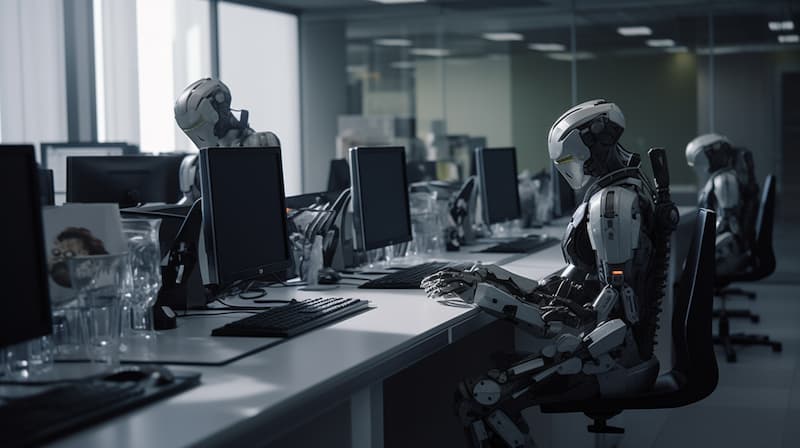
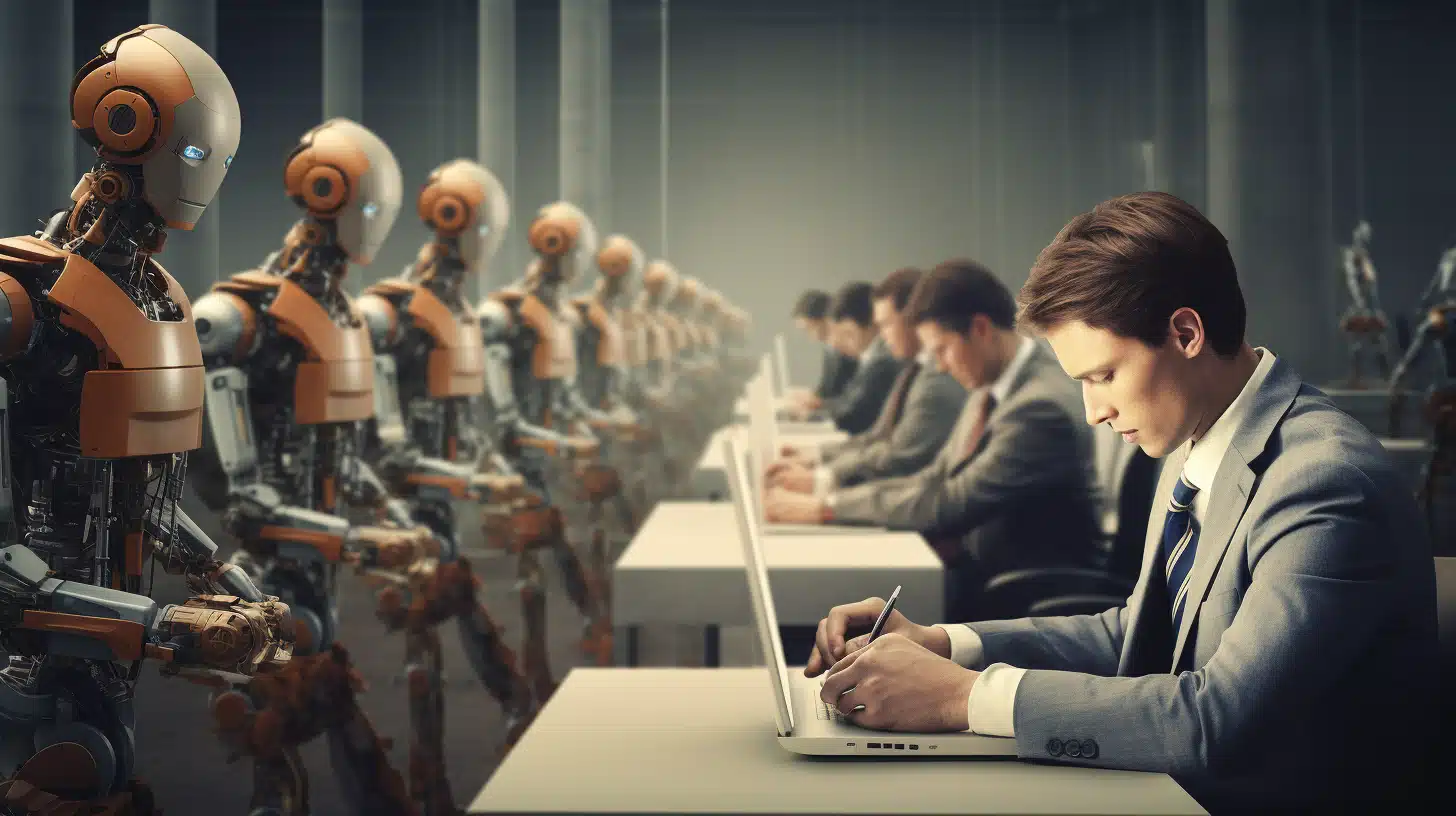
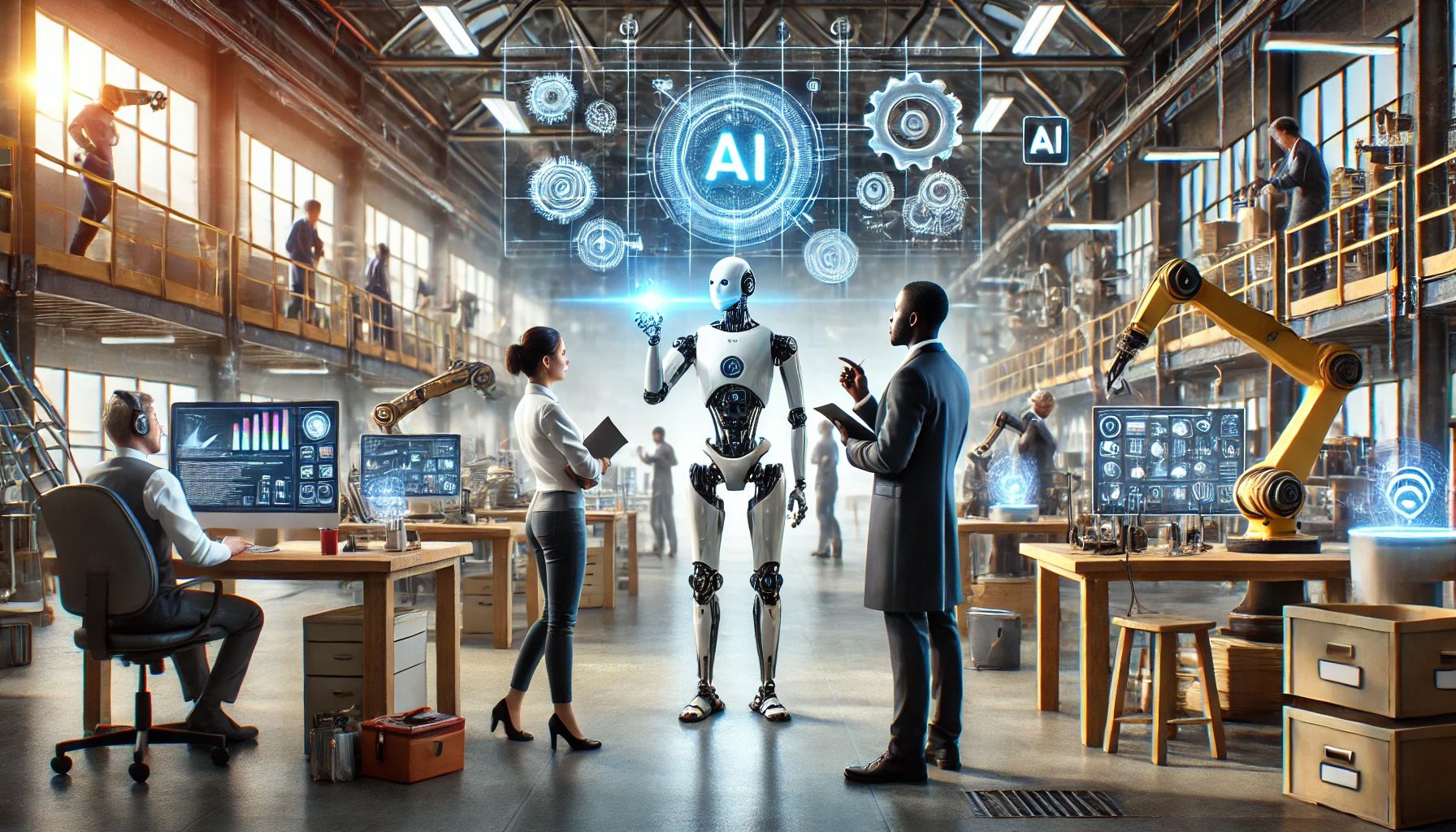
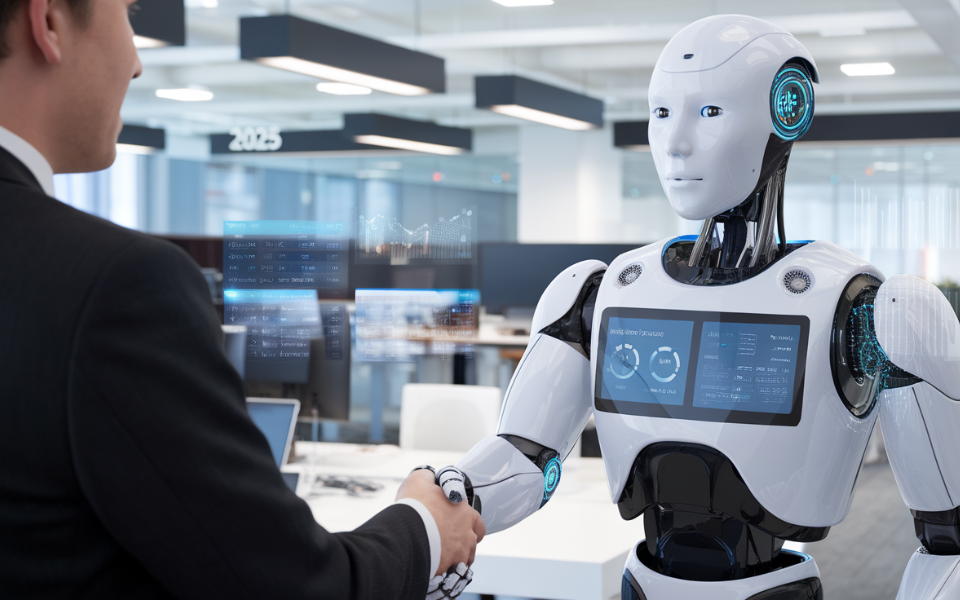
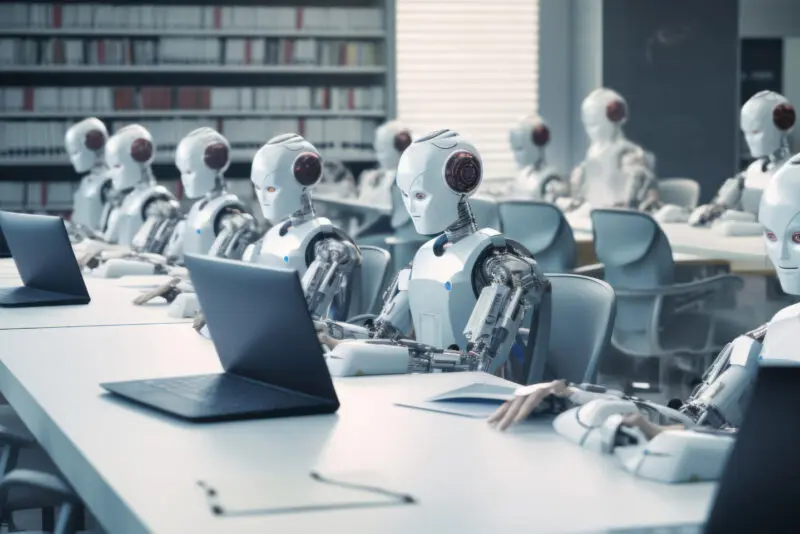
Leave feedback about this